Volkswagen has revealed charging and battery details of its upcoming ID 3 electric hatchback, ahead of production getting under way later this year.
The ID 3's lithium-ion cells have been designed to allow for a charging capacity of up to 125kW, which puts it ahead of every other mainstream electric car currently on sale. Only premium EVs including the Audi E-tron and Tesla Model X can charge faster.
Volkswagen guarantees the batteries will retain "at least 70%" of their usable capacity after eight years or 100,000 miles of use.
As part of the company's roll-out of its new ID electric vehicles, a new range of domestic charging points has been designed to allow owners to fully charge their cars overnight or during a working day.
The new wall boxes work with charging capacities of up to 11kW (AC), allowing faster charge times than a conventional 230-volt power supply. A fast-charge point would give the ID 3 roughly 162 miles of range in half an hour.
The 261-mile battery utilised in the ID 3 First will be the middle of three battery sizes offered in the ID 3 range, which Volkswagen believes will be the most popular. The £25,500 entry-level version will offer a range of 205 miles, with the largest battery allowing for 342 miles. It is understood the three batteries will be 45, 58 and 77kWh respectively.
The company says it has received pre-orders for more than half of the launch edition versions of its Renault Zoe rival.
Customers in 29 European countries have been able to pay a deposit to pre-book one of the 30,000 examples of the ID 3 First models, which will feature a WLTP-certified range of 261 miles and will be priced at less than €40,000 (£34,000) in Germany. Deliveries are due to begin in April 2020.

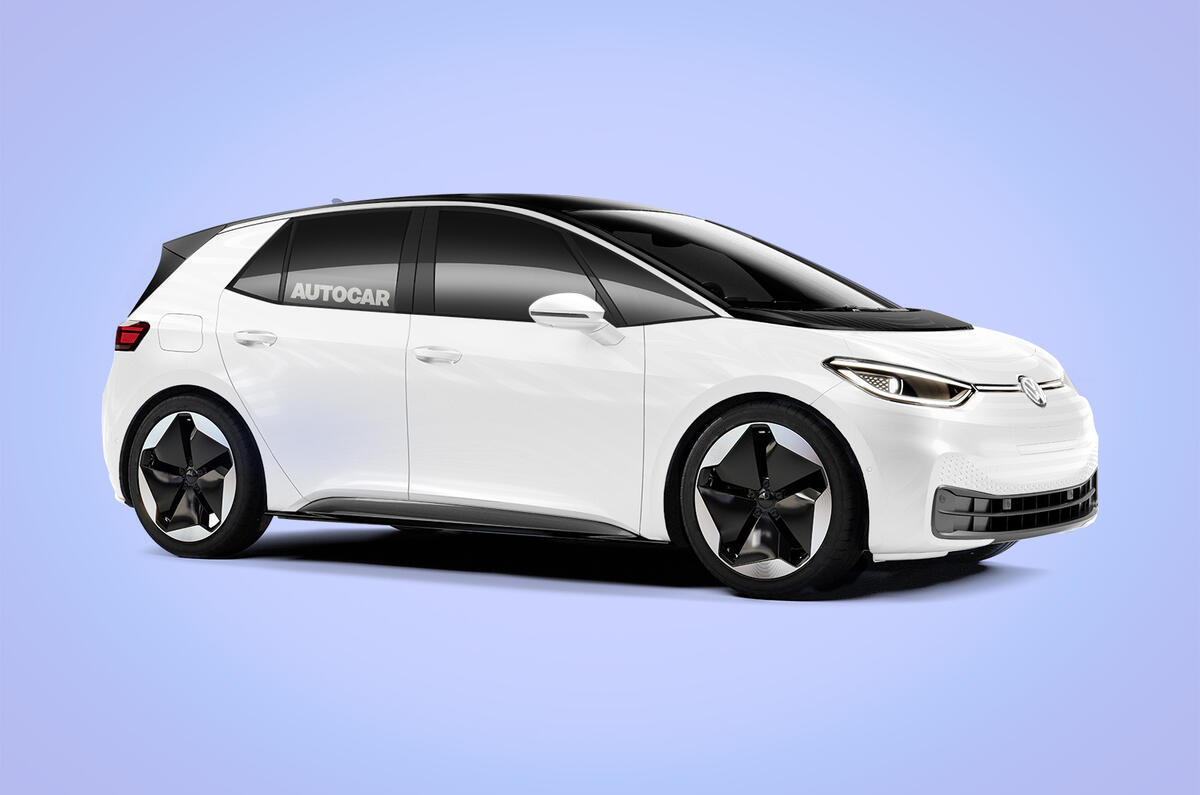

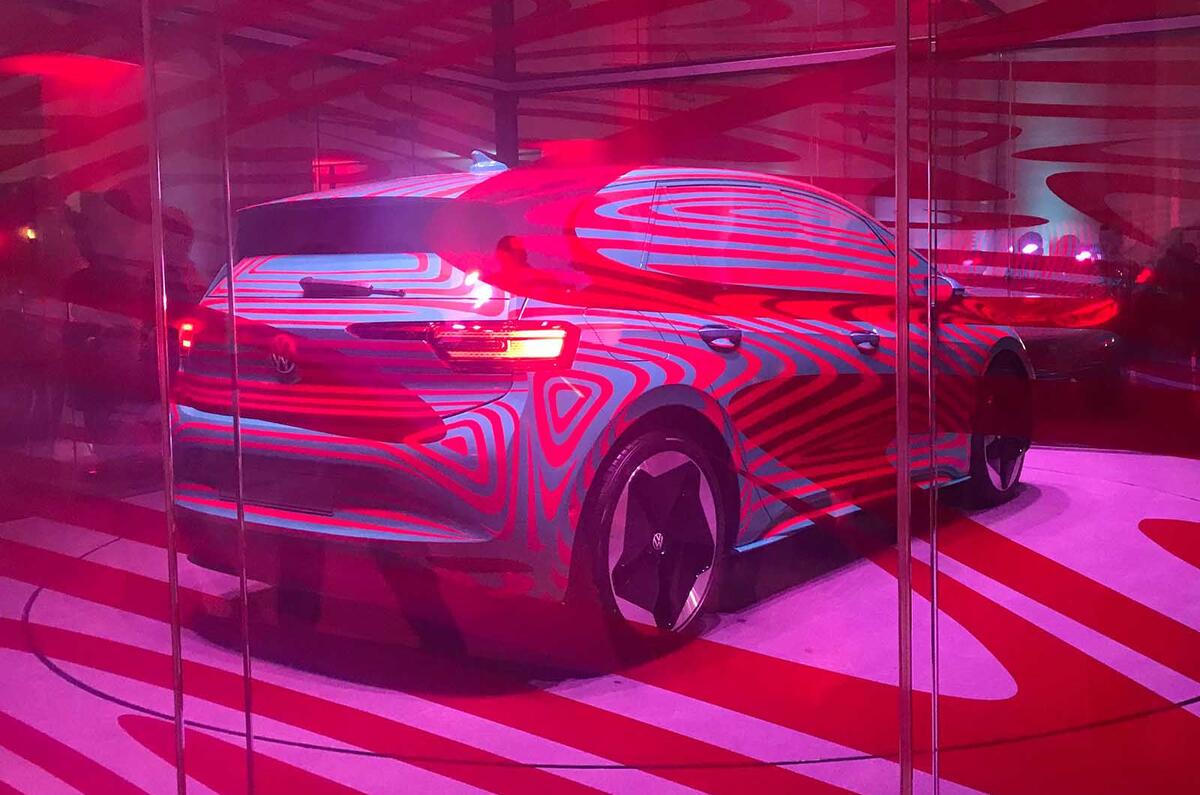
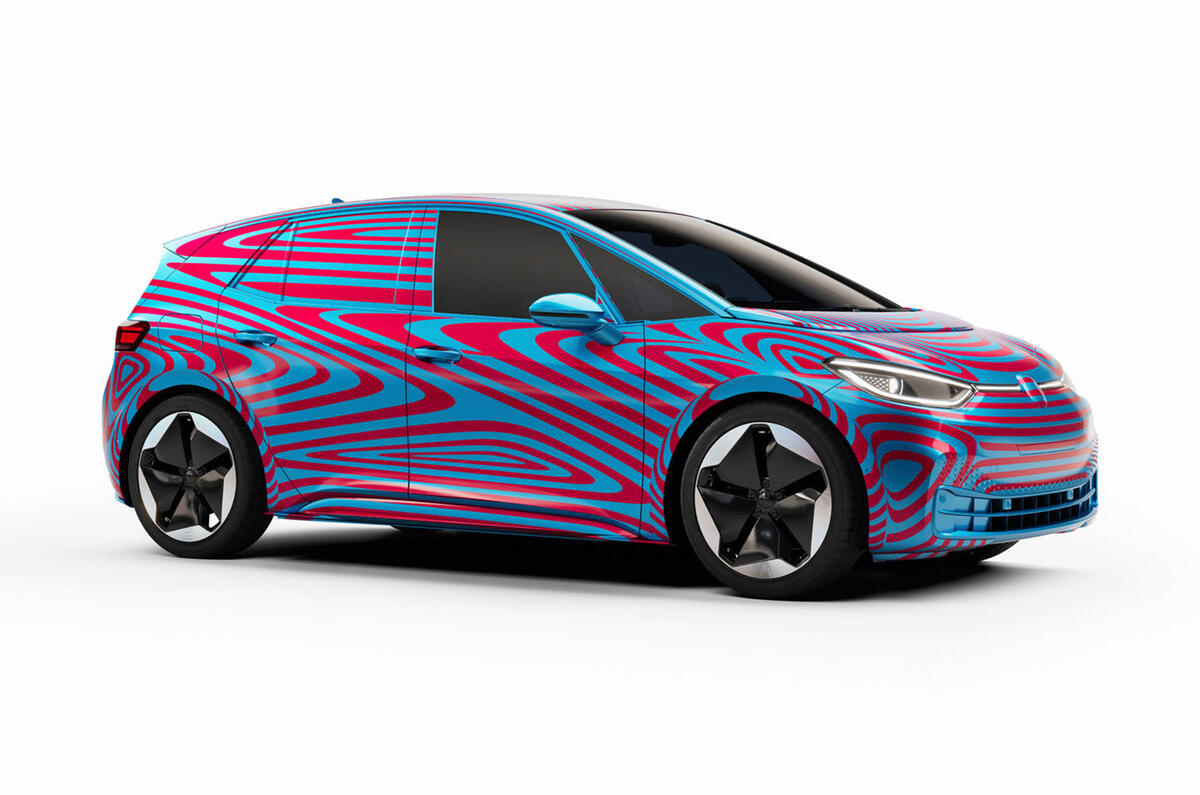
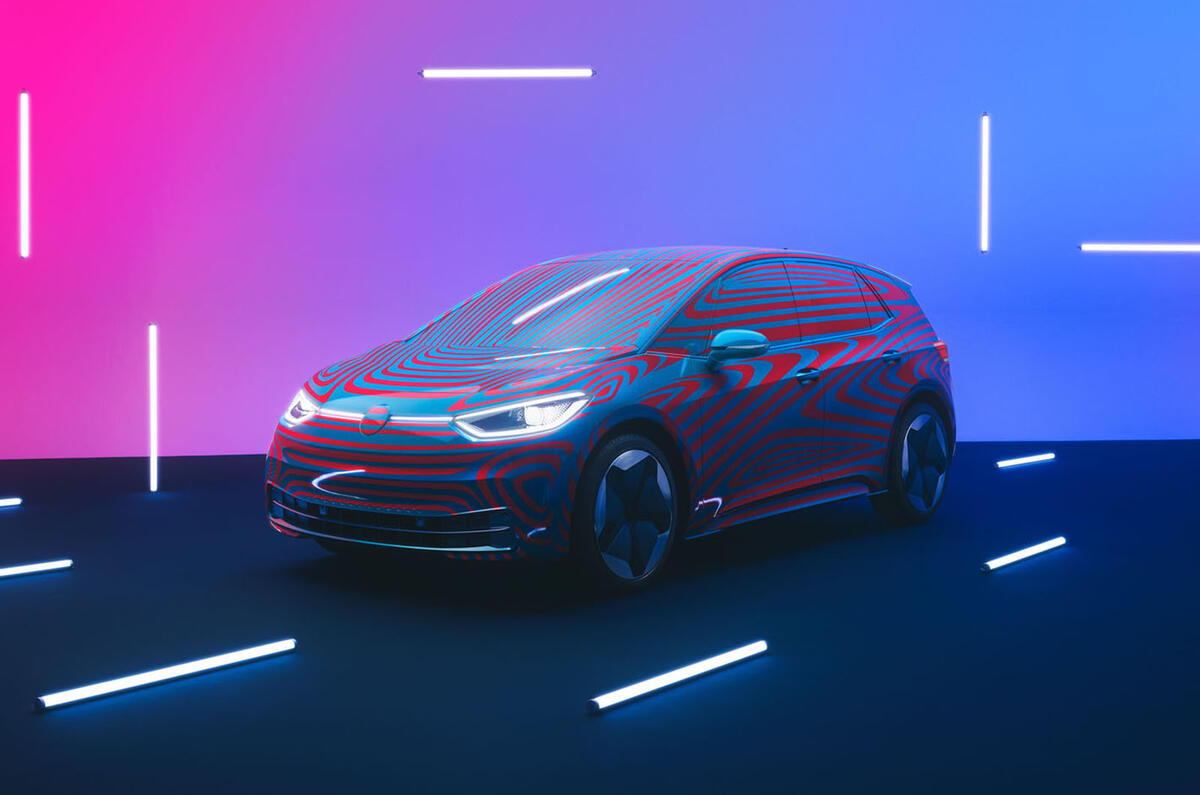
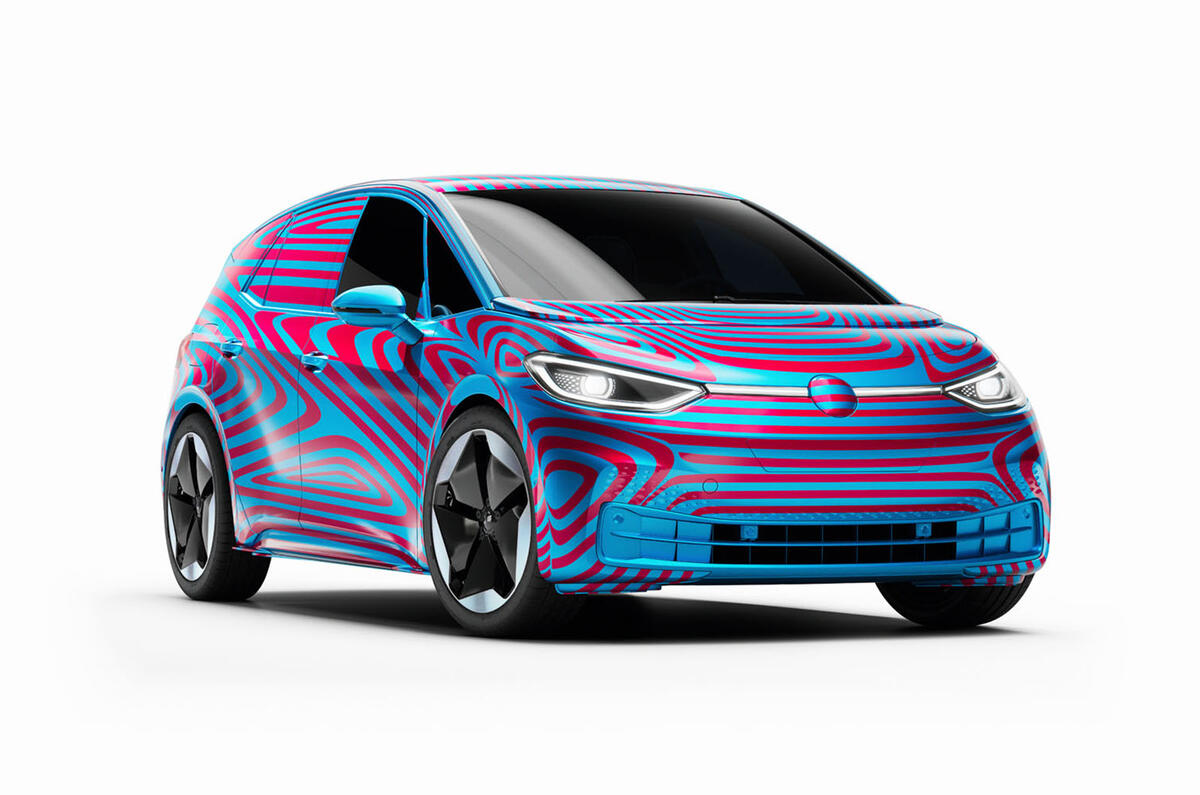

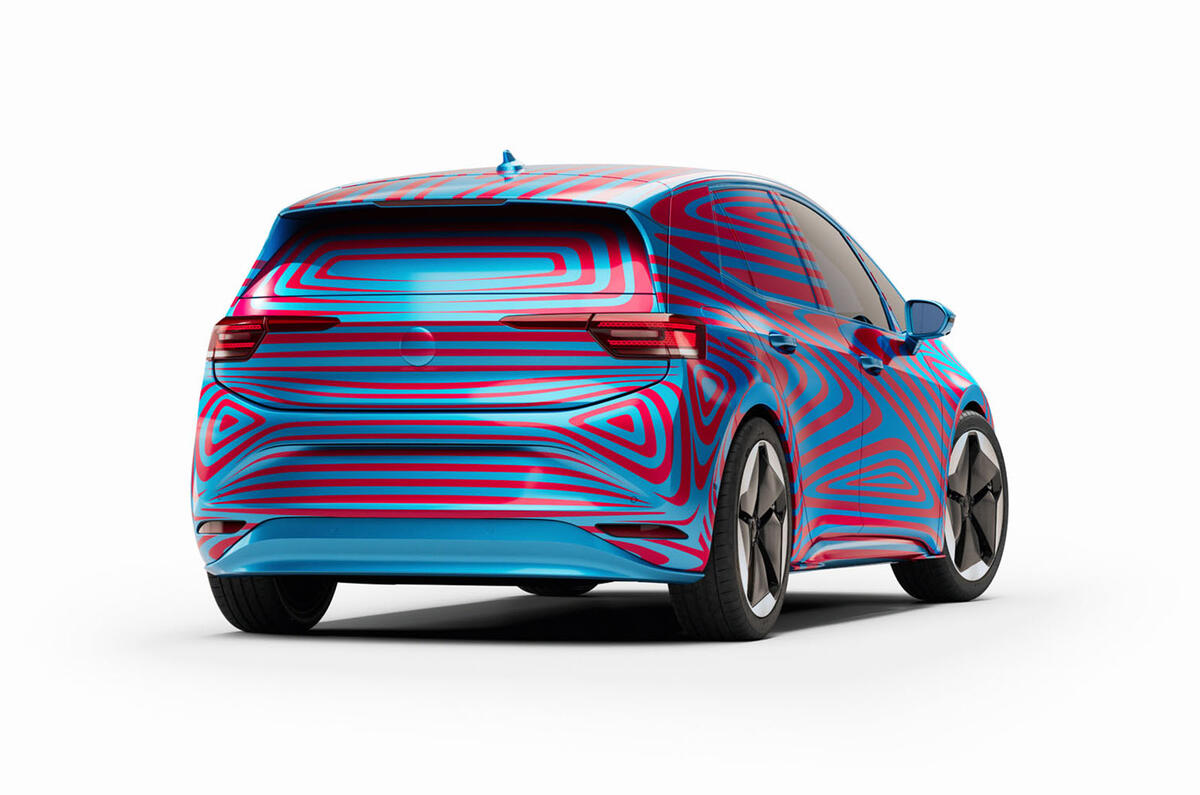
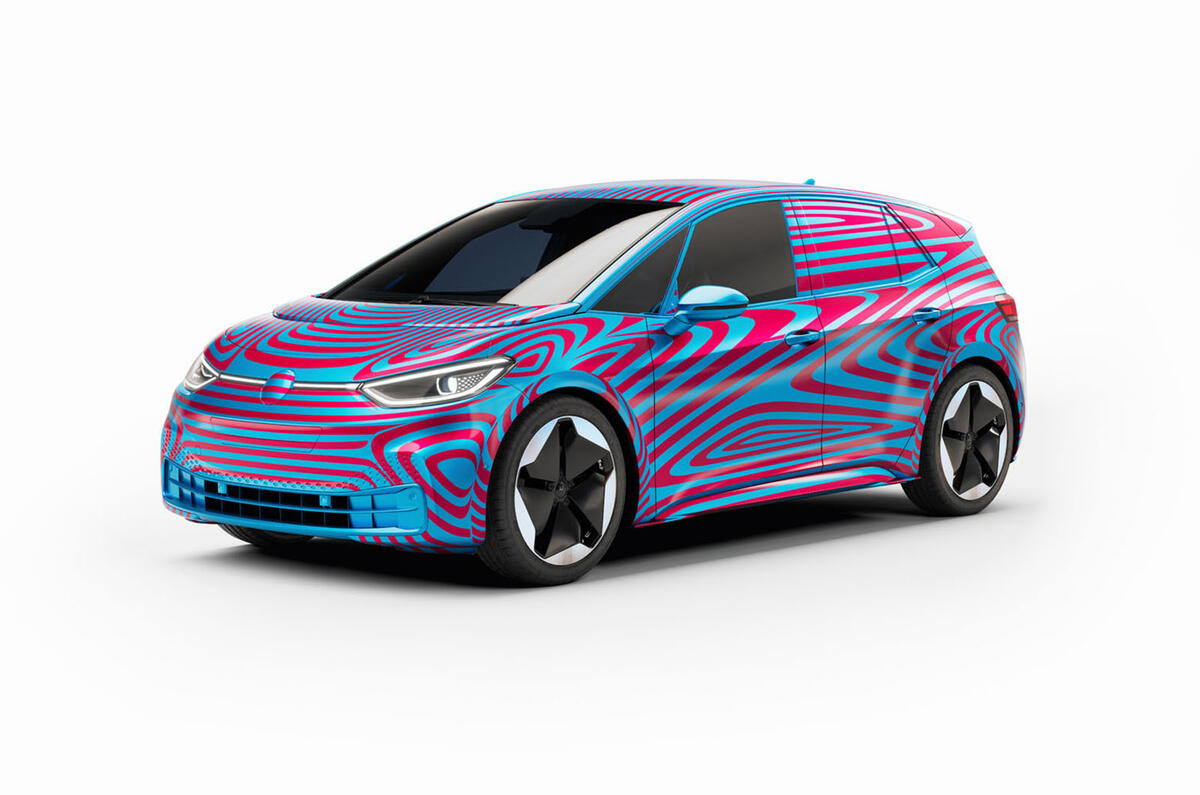
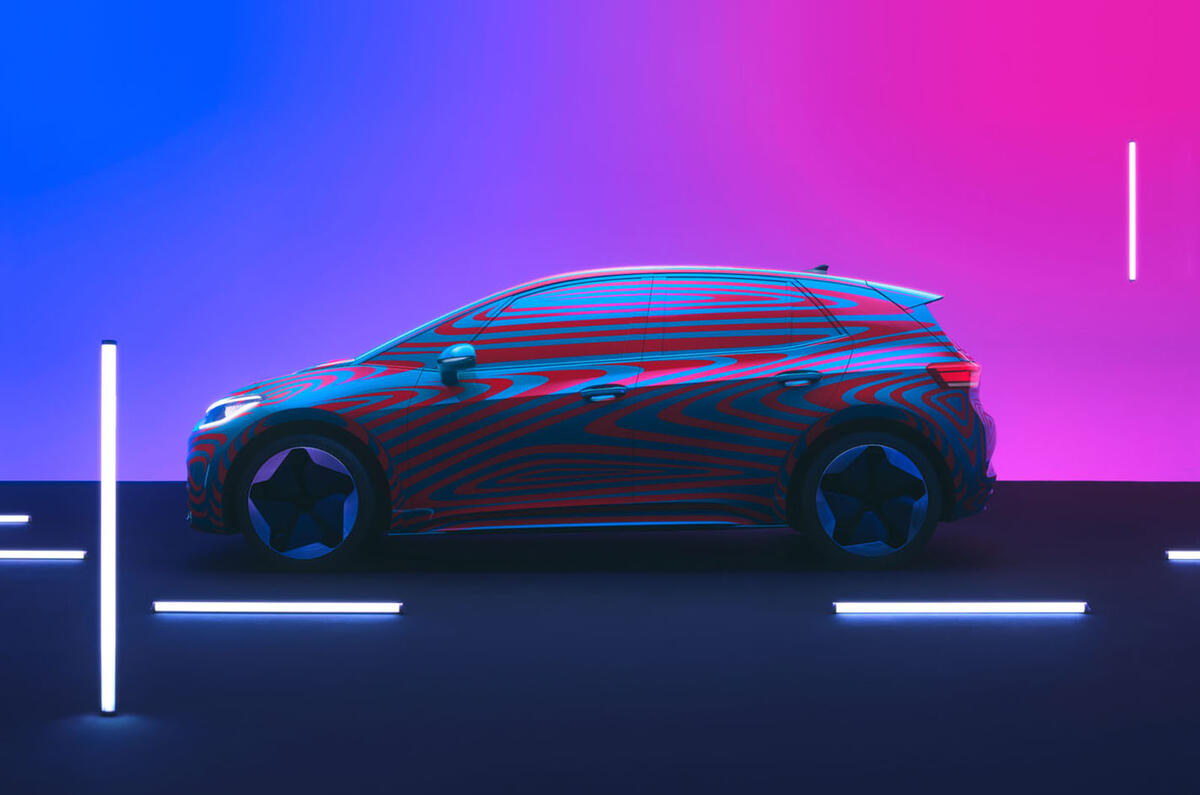
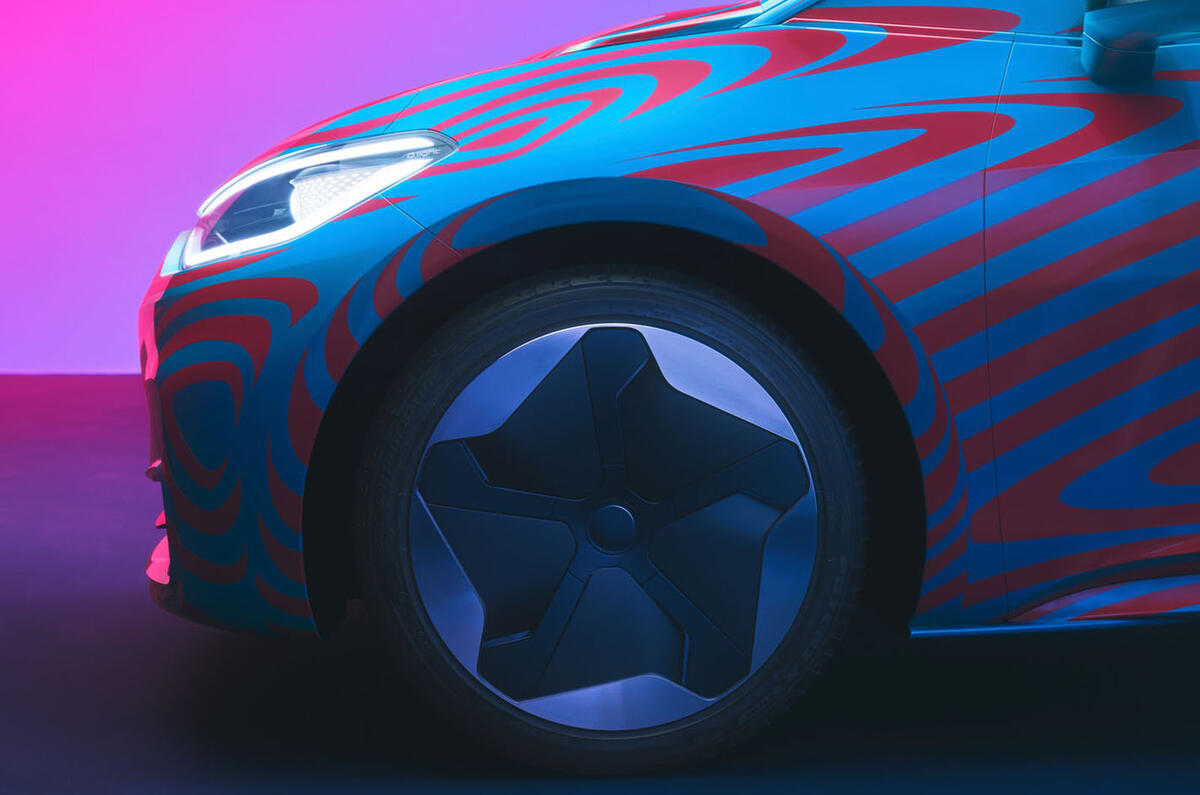

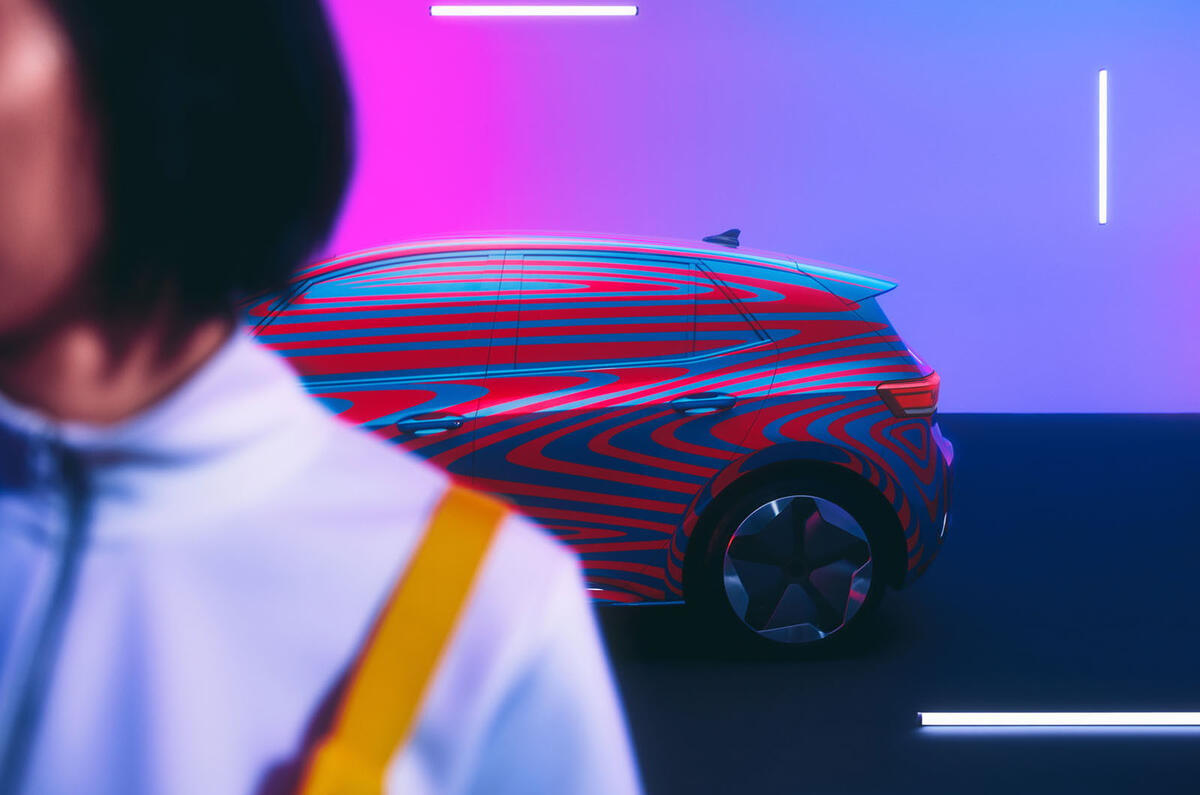
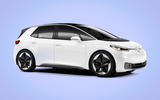
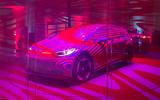
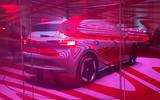
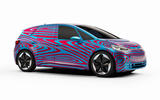

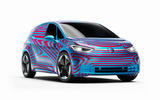
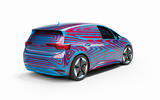
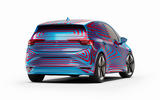





Join the debate
xxxx
Figures
IF they plan to make 100k car in the first 6 months give or take a couple of months why slash production rate by 40% for the following years?
All important charge rate is a bit disappointing too.
typos1 - Just can’t respect opinion
Rick Maverick
3k loss per unit
Bound to drain VWs P&L even further.
This car will assure VW will burn 3k per unit sold.
Not good for a manufacturer already way behind competitors such as PSA and Renault.
VWs operating margin hovers around 3,5%.
PSA an astonishing 8,5%.
The latter is much more efficient while offering similar quality. If not better.
xxxx
3k per car, wow
To know those figures for a car that won't even be made for another year you must be pretty high up in the accounts department at VAG.
typos1 - Just can’t respect opinion
Andy_Cowe
Dimensions?
At 4100mm long, it will be 158mm shorter than a Golf, not 155 longer. The other dimensions are off compared to the VW UK website, but not by much. It is closer to the Polo in length, which is a good thing. The Golf has swollen too much over the years. Smaller cars are better for the environment, electric cars are better for the environment. Unfortunately small electric cars are rare, massive has been the main choice. Thankfully that is changing, at least a bit.
johnfaganwilliams
Dimensions
How are "electric cars better for the environment"? Recent studies by German authorities conclude they are slightly better than petrol but worse than diesel. There seems to be a prevailing view - particularly among very dim politicians who just believe what the last person screamed at them - that electricity comes from some form of magic tree and the lithium that most batteries are made from is a harmless little bunny of a thing. Very, very far from the truth.
typos1
johnfaganwilliams wrote:
Someone else was telling me they heard that, where did you read/hear it ? Studies I ve read before said electric was slightly better than ICE.
XXXX just went POP.
Hughbl
It is magic
If the electricity comes from wind or solar. I'm not diminishing the impact of battery chemistry, but if electric cars had been the mainstream, would we now be talking about developing combustion engines as a viable alternative?
xxxx
Environment?
So diesel cars are better for the environment then? Try telling to the city dweller with a lung full of NOx
typos1 - Just can’t respect opinion
Merlot
Size?
Those numbers don't add up as the stated length of 4100mm is less than the current Golf not more.
macaroni
Why the price?
Can anyone please explain the monstrous pricing of these cars?
Surely ICE drivetrain is more complex and expensive than electric motors and batteries, even with the clever software?
These things are in no tangible way better than a small petrol car, except for less polluting (at the car) and cheaper to run, for now. How can they justify £34,000 for that?
What have I missed?
Pages
Add your comment